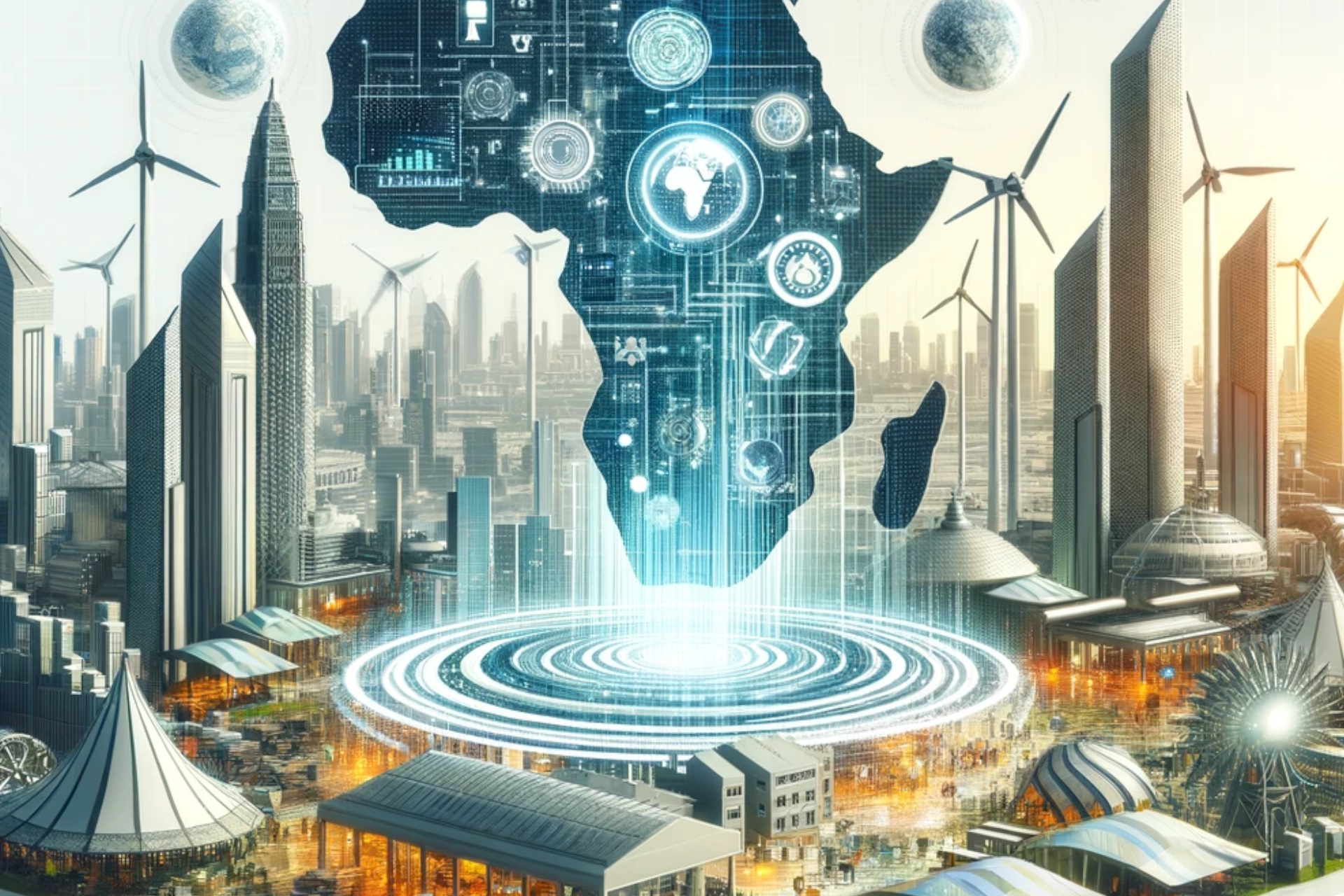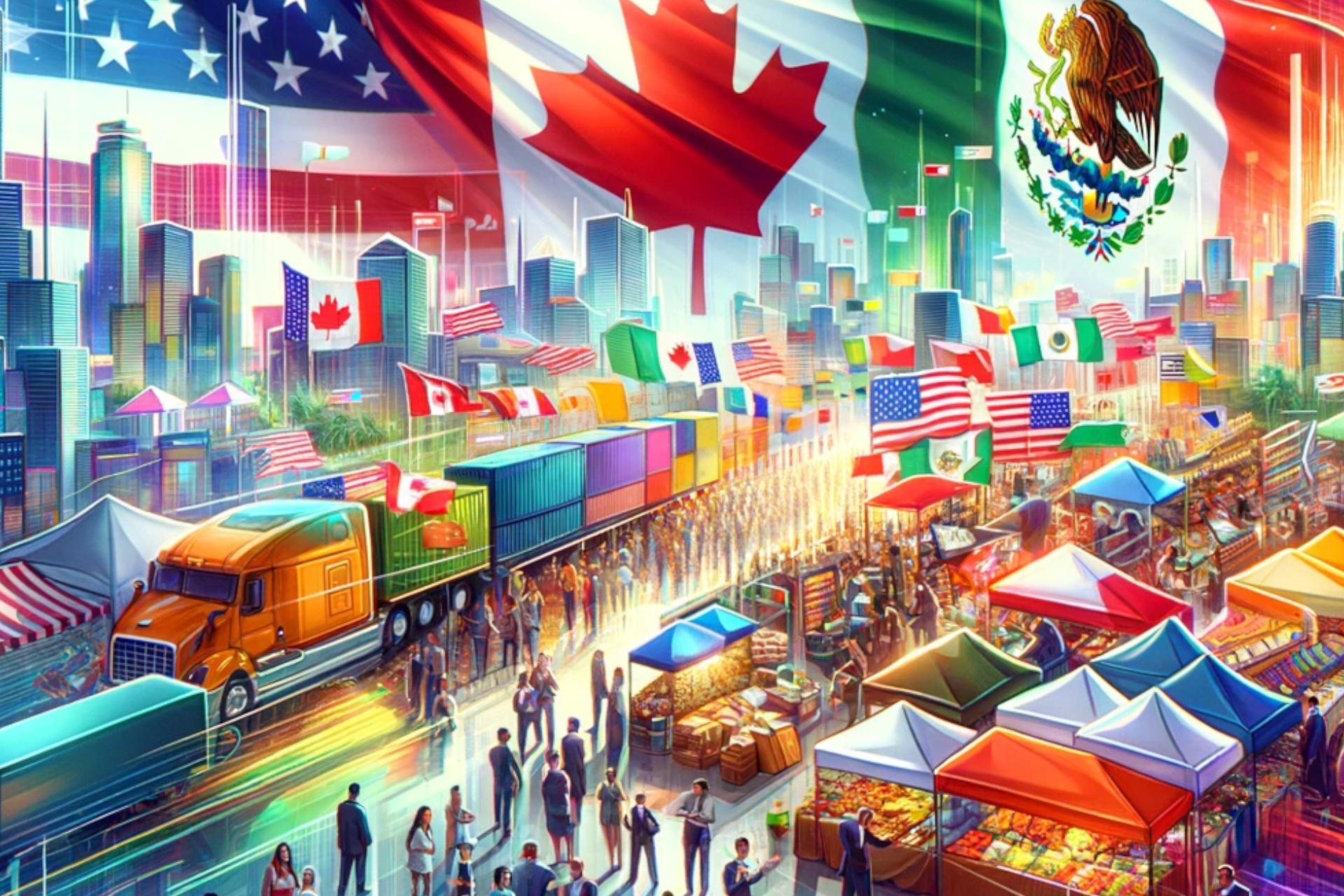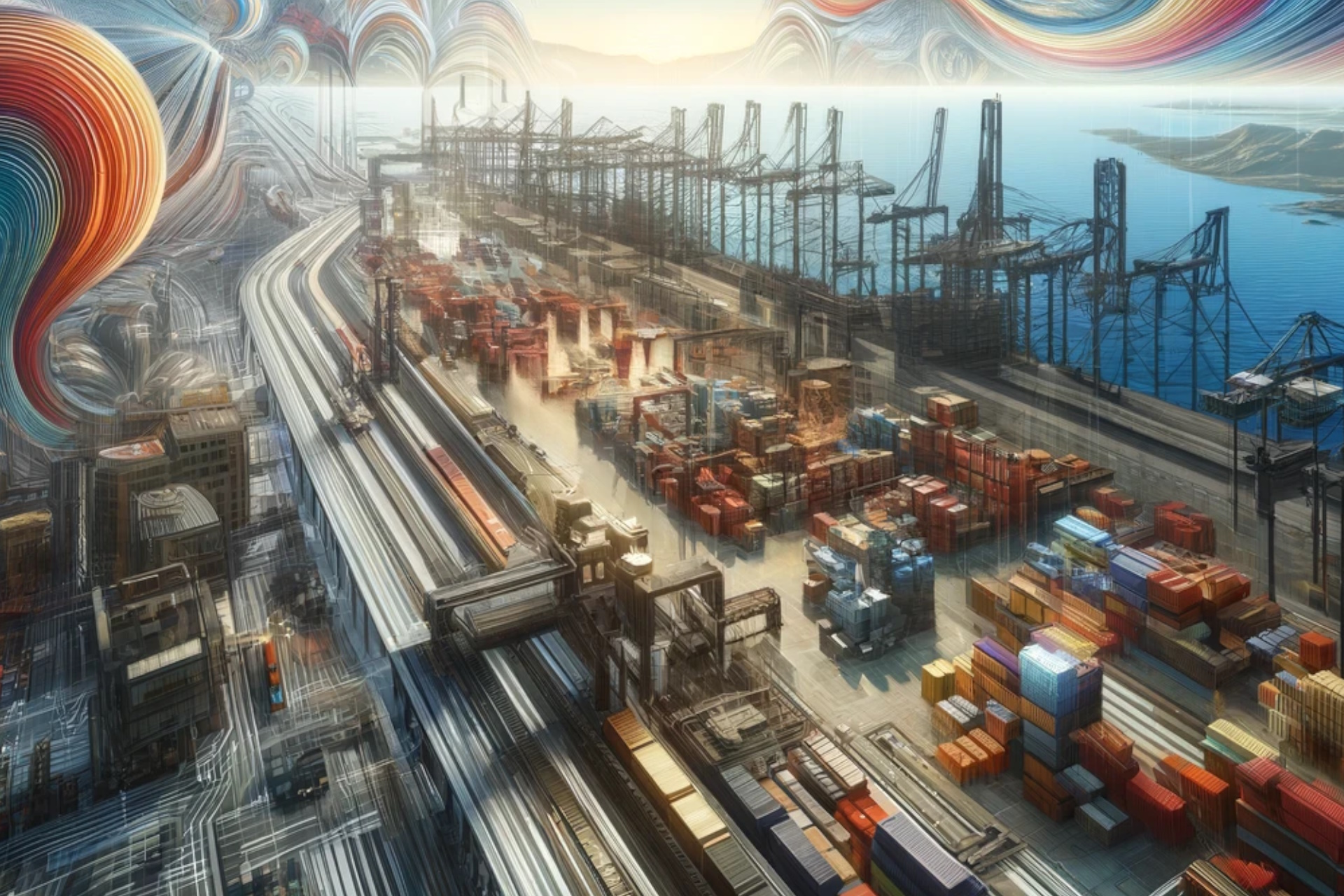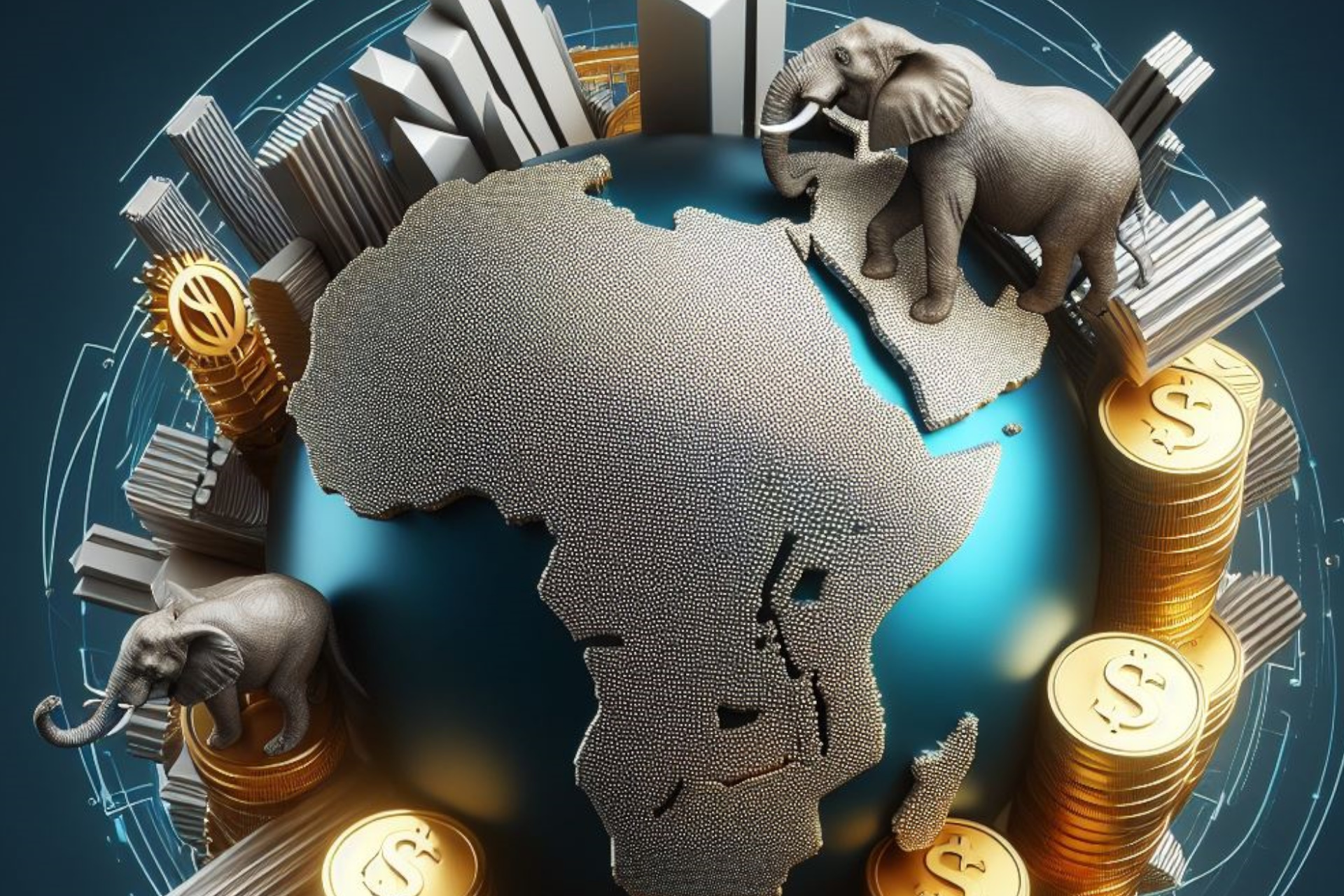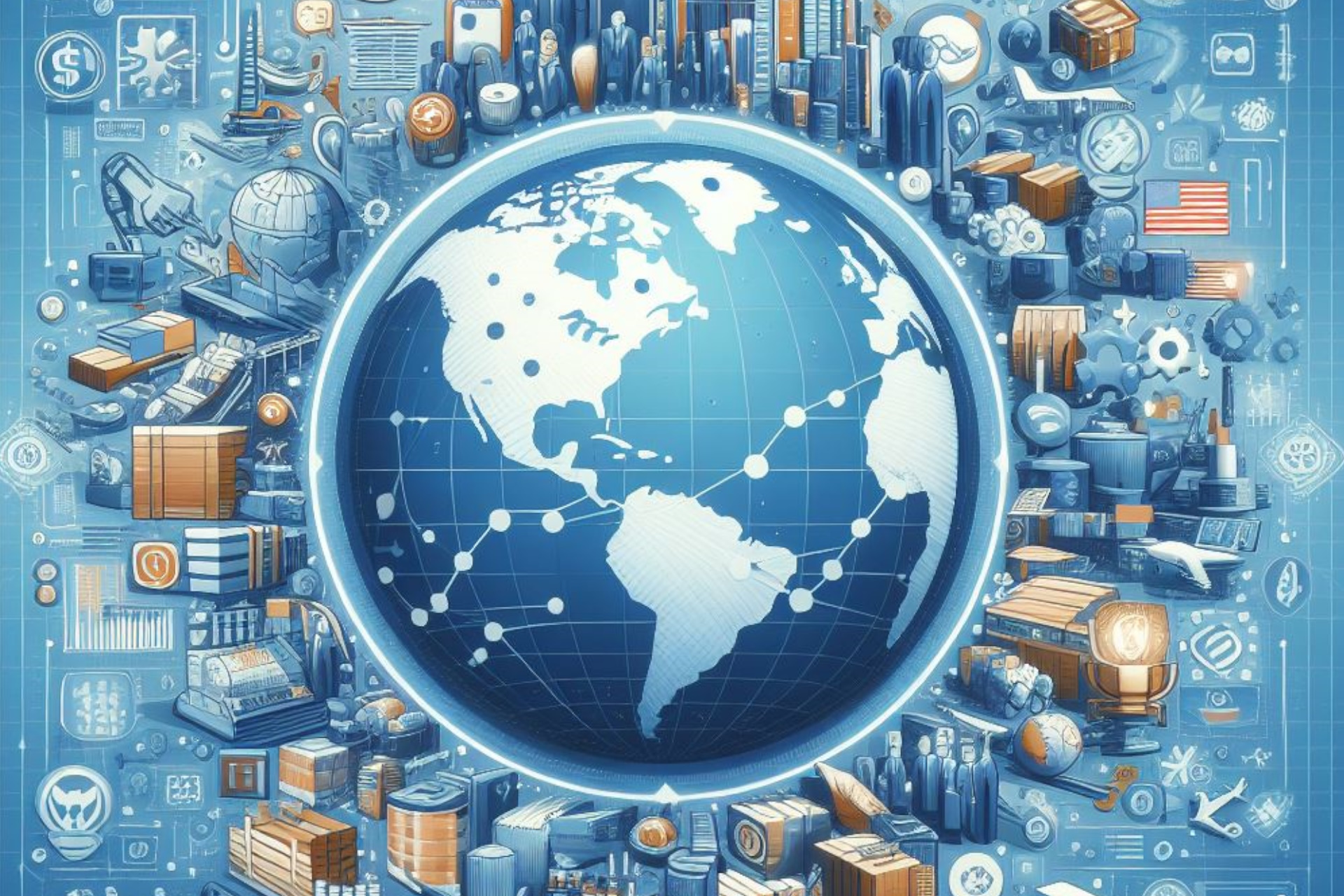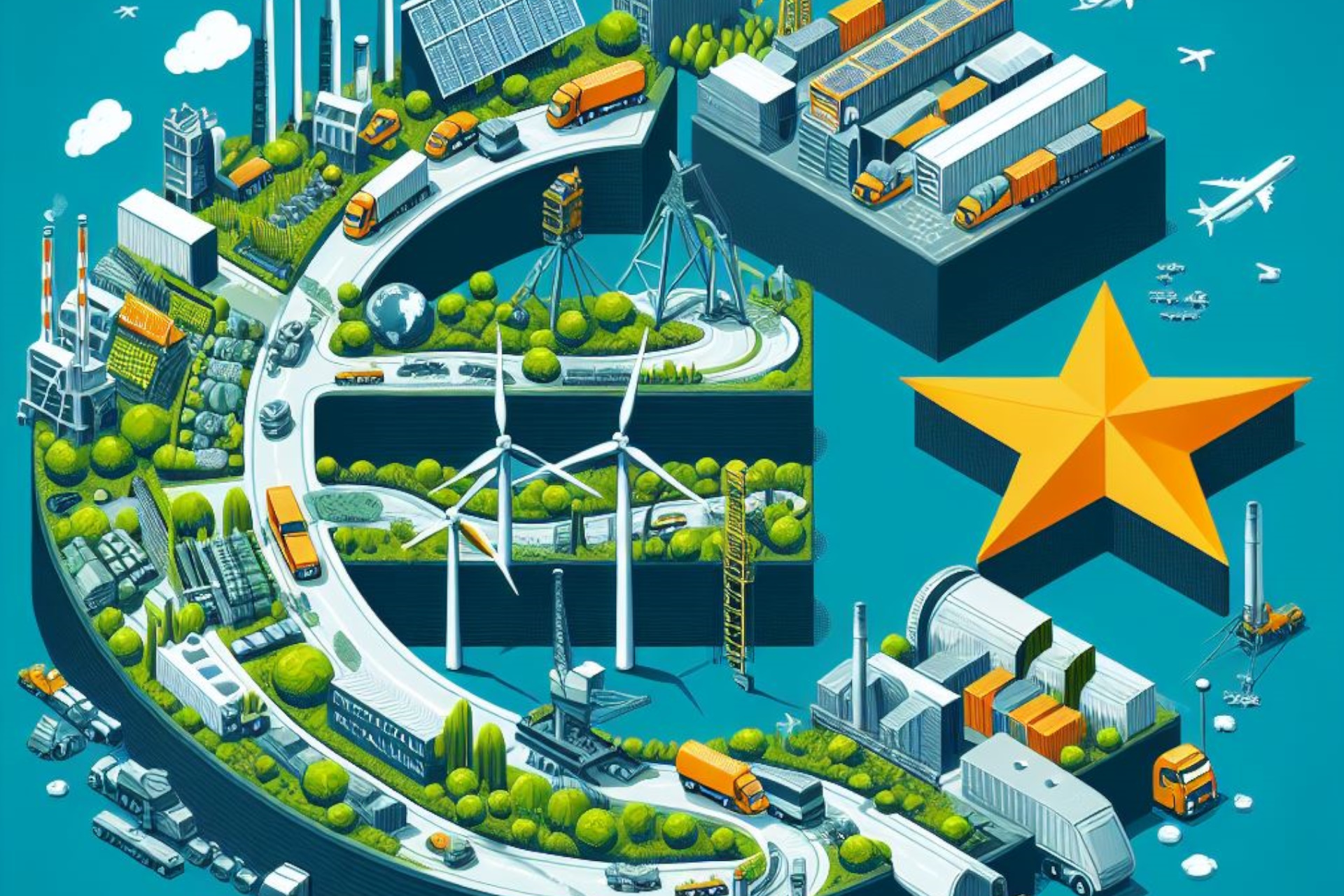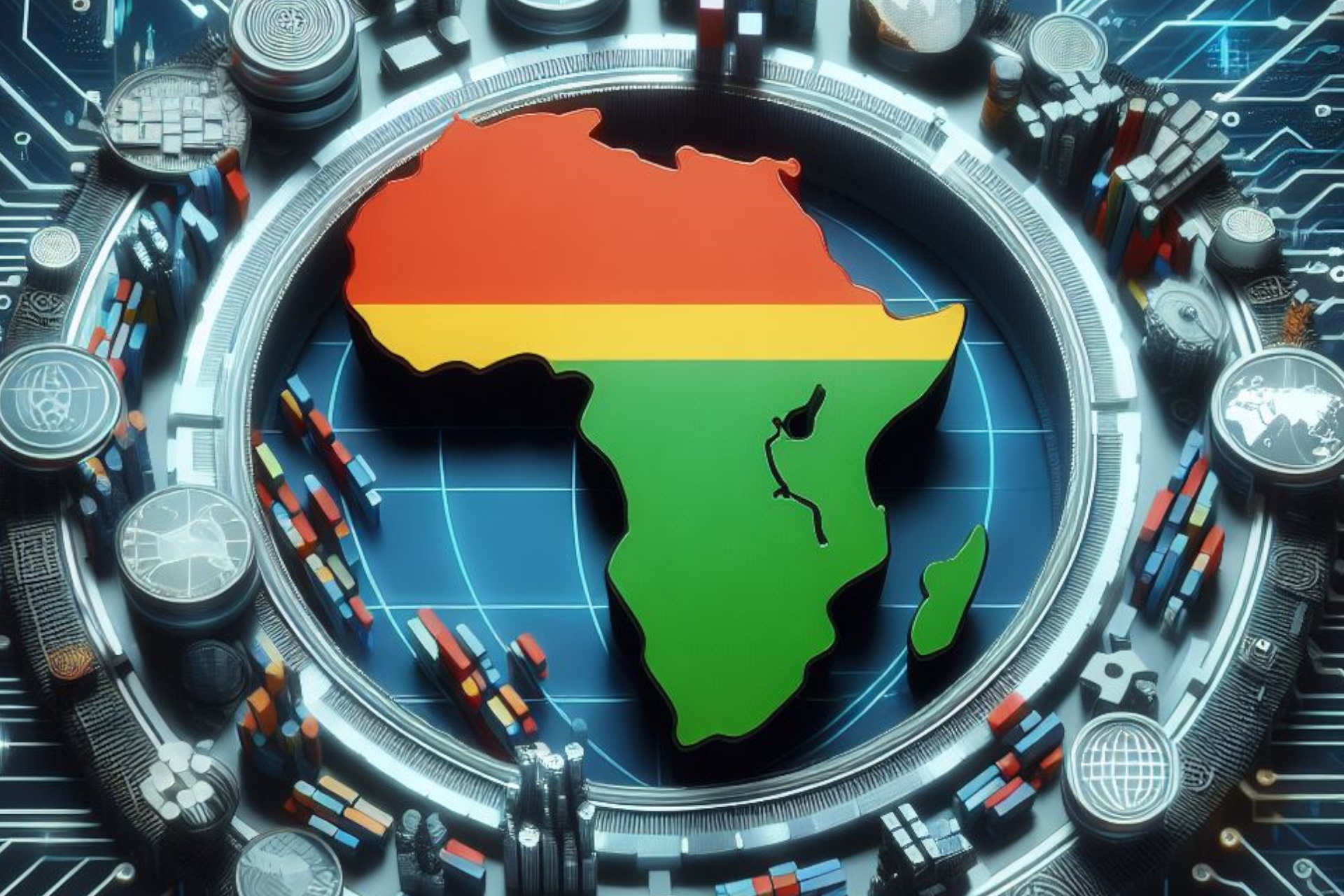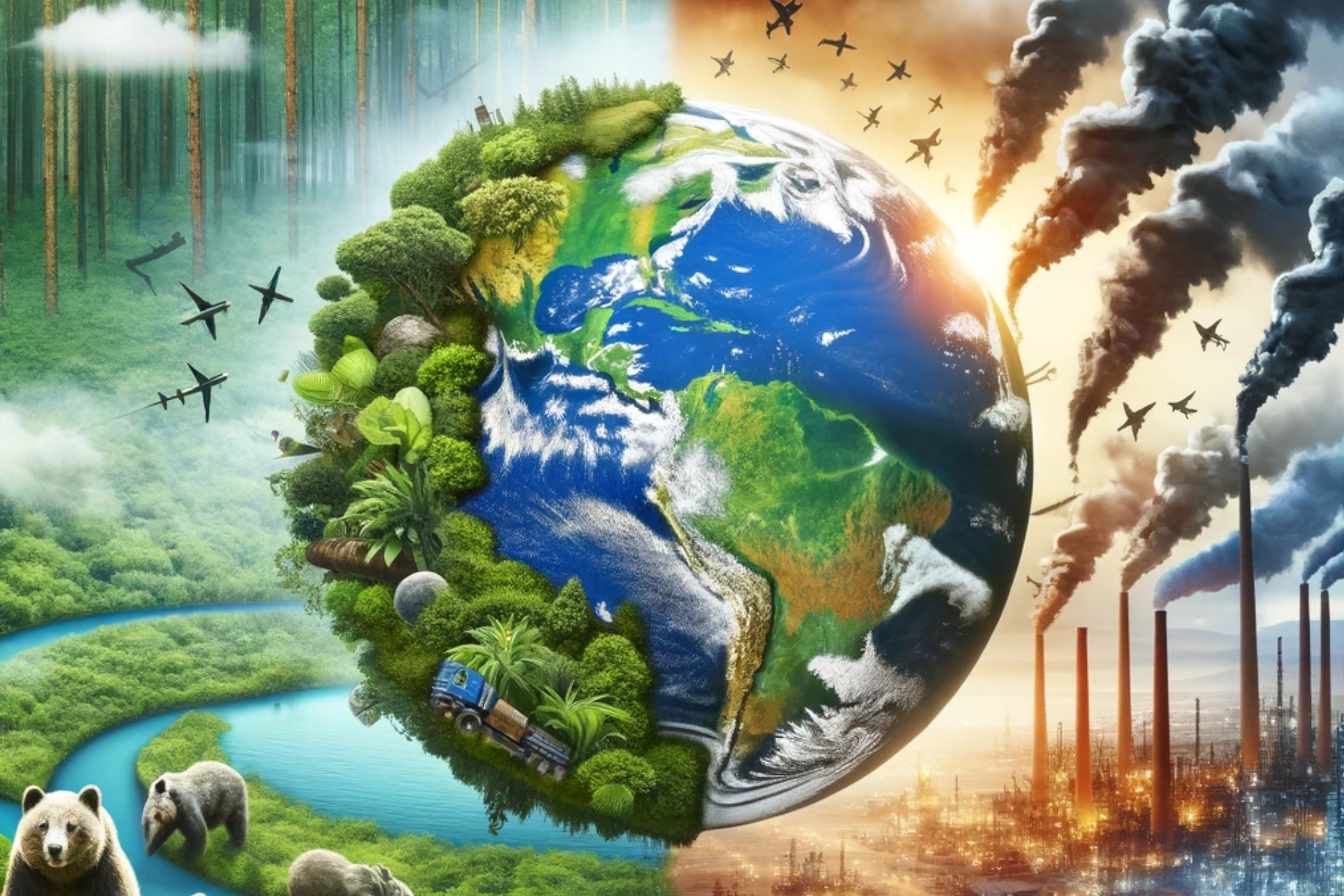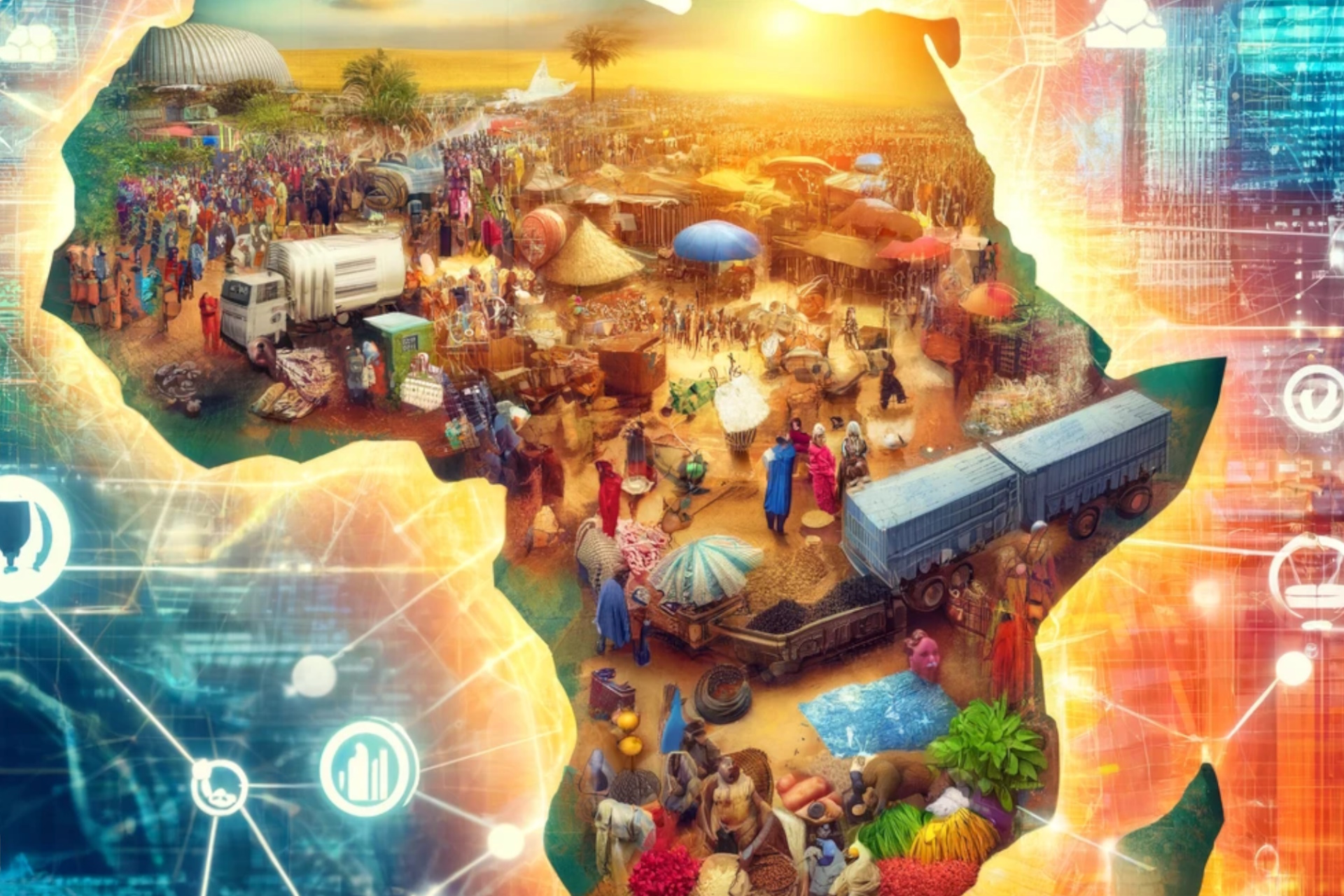International trade is a cornerstone of our increasingly interconnected world, bringing with it a host of advantages that transcend borders and cultures. From driving economic growth and fostering innovation to promoting cultural exchange and reducing poverty, the benefits of international trade are far-reaching and transformative. By embracing free trade and championing globalization, we pave the way for a brighter future, where nations collaborate, individuals thrive, and the world becomes a more prosperous and harmonious place for all.
Economic Growth and Prosperity
International trade has emerged as a powerful engine of economic growth, propelling nations towards prosperity. By breaking down barriers to trade, countries can tap into a vast global market, enabling them to expand their industries, boost production, and create new opportunities for their citizens. The exchange of goods and services on an international scale allows nations to leverage their comparative advantages and specialize in areas where they excel. As a result, resources are utilized more efficiently, productivity increases, and living standards rise.
Fostering Innovation and Technological Advancement
The free flow of goods and ideas across borders is instrumental in driving innovation and technological progress. International trade creates an environment that encourages competition and cooperation, pushing businesses to continuously improve and develop new ideas, products, and services. Through cross-border collaborations and the exchange of knowledge and expertise, nations can build on each other's strengths, leading to breakthroughs and advancements that benefit humanity as a whole. The interconnected nature of international trade acts as a catalyst for innovation, spurring economic growth and societal development.
Cultural Exchange and Understanding
International trade transcends mere economic transactions; it is a powerful vehicle for cultural exchange and understanding. As goods and services are traded globally, so too are ideas, traditions, and perspectives. This cultural interaction fosters mutual respect and appreciation, leading to greater understanding and empathy among nations. When people from different cultures engage in trade, they are exposed to diverse perspectives, customs, and values, enriching their own societies and promoting a more interconnected and harmonious world.
Poverty Reduction and Global Development
International trade has the potential to uplift communities and alleviate poverty on a global scale. By participating in global trade networks, developing nations gain access to new markets, capital, and technology. This enables them to diversify their economies, create jobs, and improve the standard of living for their citizens. Trade empowers individuals and communities by providing opportunities for economic self-sufficiency and entrepreneurship. Moreover, international trade promotes sustainable development by encouraging the adoption of environmentally friendly practices and the transfer of green technologies.
Peace and Cooperation
Through international trade, nations build interdependence and foster peaceful relations. Trade relationships create strong economic incentives for countries to maintain stable and cooperative diplomatic ties. The pursuit of economic prosperity through trade encourages dialogue, negotiation, and diplomacy over conflict and aggression. By promoting peace and cooperation, international trade becomes a powerful force for global stability, reducing tensions and building bridges between nations.
Read more views




















































